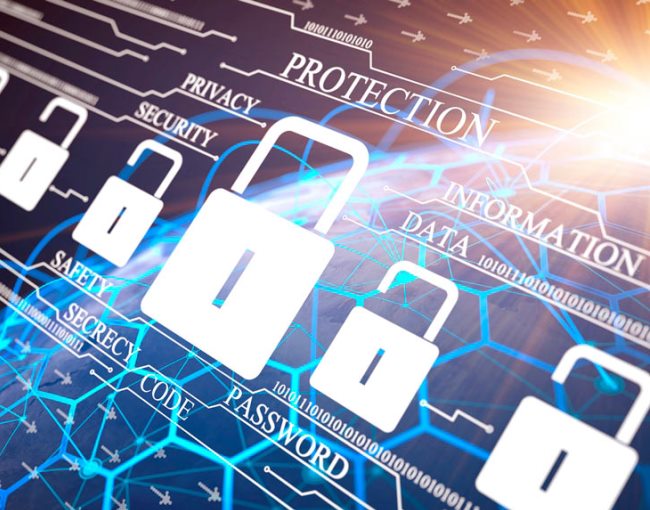Senate Bill 2979 (“SB2979”), the recently proposed amendment to the Illinois Biometric Information Privacy Act’s (“BIPA”) liquidated damages provision, passed the Illinois House of Representatives by a 81-30 vote.[1]
To recap from our previous installment of this article series, the Illinois Supreme Court’s Cothron decision previously held that each BIPA violation constituted a separate ground for damages.[2] The result was that hundreds of businesses operating in Illinois have faced millions of dollars in exposure based on mechanical applications of the statutory text.[3] Since BIPA’s text as currently worded provides for $1,000 to $5,000 in statutory liquidated damages each time an employee scans his or her biometrics, or information deemed to be biometrics under the statute, into a timekeeping or security device, multiple “violations” quickly accumulate on a daily basis. Millions of dollars worth of theoretical exposure could result where employees scanned in or out to start and end their shifts, go to and return from lunch or a break, and/or access secured areas of a facility. There is no legislative history suggesting that the General Assembly intended for BIPA to impose such elevated damages. While the Illinois Supreme Court’s Cothron decision acknowledged some of these concerns, it suggested that the legislature was best placed to review and clarify BIPA’s current text.
SB2979, introduced by Senate President Pro Tempore William Cunningham, would do just that. SB2979 clarifies that where a business is alleged to have committed the same violation multiple times, BIPA damages accrue just once. A prevailing plaintiff or class member could still recover liquidated damages without proving actual damages, but would be limited to a single recovery. However, SB2979 preserves BIPA’s deterrent effect by retaining the current liquidated damage penalties for negligent and intentional or reckless violations.
While SB2979 passed with strong bipartisan support, some representatives voted against the bill because it lacks a retroactivity provision that would place similar limits on claims prior to the passage of the bill – a problem already noted by industry lobbyists.
SB2979 now heads to Governor Priztker’s desk for signature.
Thompson Coburn will continue to monitor SB2979’s progress and keep you updated on other BIPA-related developments. For assistance with questions related to BIPA, compliance strategies or potential risks, please contact a Thompson Coburn BIPA
attorney.
[1] Six votes are missing from the final tabulation because there were five excused absences and one ‘No Vote.’
[2] Cothron v. White Castle System, Inc., 216 N.E.3d 918 (Ill. 2023)
[3] See our previous reporting on the Cothron decision for more details at BIPA litigation update: Cothron’s impact and employer BIPA defense affirmed (thompsoncoburn.com).

